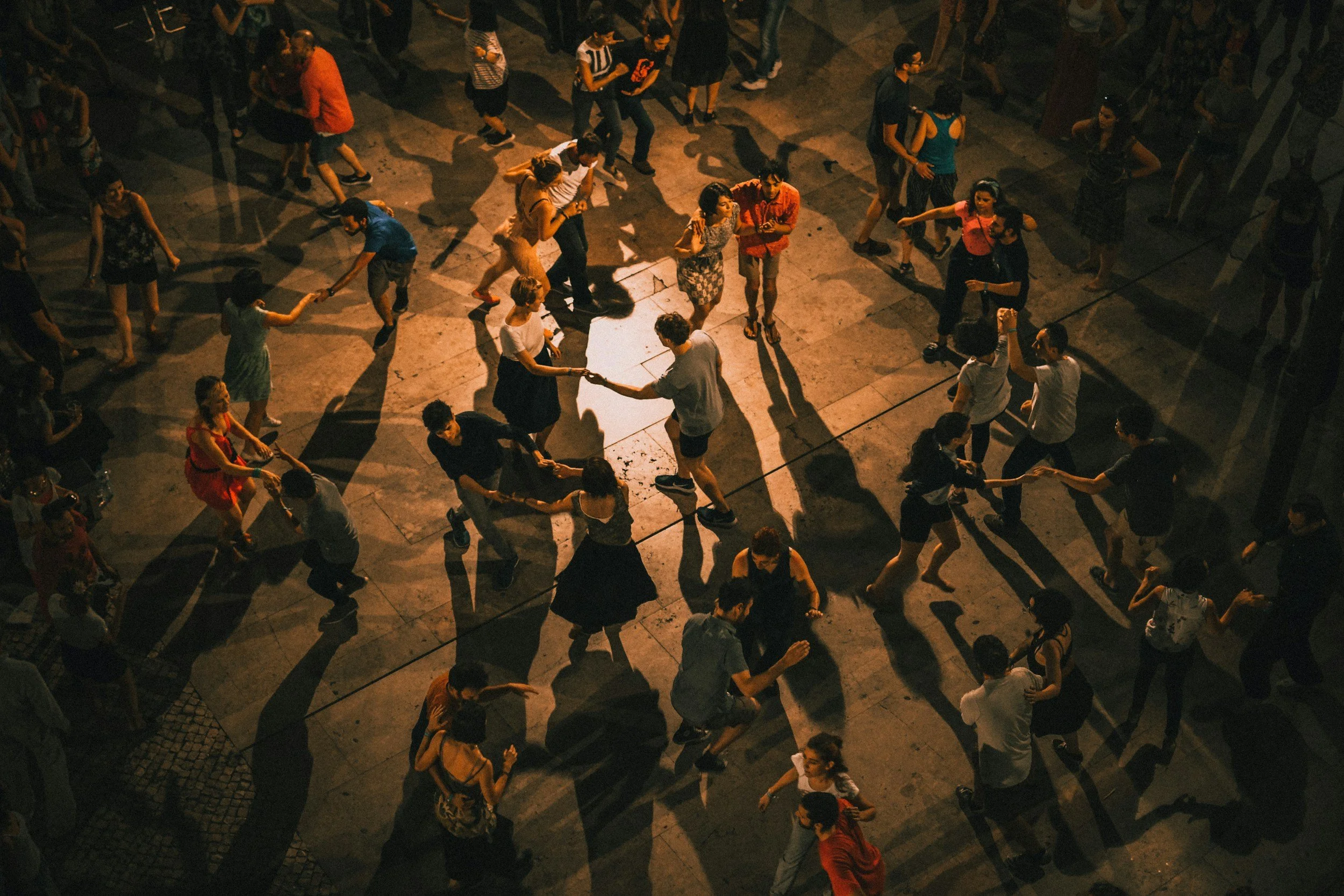Who Is At Fault For A U-Turn Accident?
By PAGE Editor
When driving, changing directions, or making uncalculated maneuvers can lead to dangerous situations on the road, placing other motorists and road users at great risk of injuries or even death. The consequences of making dangerous U-turns can range from simple bumps to severe collisions. Some studies indicate that 25% of road accidents happen at intersections.
As road users, it is important to understand the common causes of U-turn accidents. This process includes evaluating the specific circumstances leading to the accident and analyzing what the law requires. This will determine the correct evidence to use in establishing the party at fault so that they can cover the costs related to the accident. There are several ways to determine who is at fault when involved in an incident at U-turns and intersections.
Types of U-Turn Signages
Understanding what different U-turn signs mean is vital in avoiding wrong and dangerous maneuvers on the road. Various types of U-turn signages provide specific directives on whether to make turns or not.
Permitted U-Turn Sign: These signs indicate that making U-turns in specific locations is allowed. It is safe to make turns at these points.
Prohibited U-Turn Sign: Commonly features a red slash through it. These depict that making U-turns in specific areas is disallowed. It is unsafe and illegal to make turns at such points.
Determining Who Made an Illegal U-turn?
The first step is to ask which of the cars in the accident made an illegal U-turn. Answering this question is as simple as determining who made the maneuver without seeing a U-turn sign along the road. Also, when driving along one-way streets, it is forbidden to make such a maneuver as it not only blocks the motorists behind but also places their lives at risk as the situation creates higher chances of collision. Taking pictures and videos of accidents and getting a legal expert’s point of view can help establish the party at fault. The common areas where U-turn signs are placed include:
Intersections: The sign clarifies whether making U-turns is allowed in joining the connected roads.
Near Schools and Residential Area: To help manage traffic flow and ensure safety.
Highways and Divided Roads: U-turns indicate designated turn-around points.
These designations are necessary to establish who made an illegal U-turn.
Determining Who Had the Right of Way
It is also possible to determine the party at fault in U-turn accidents by determining which motorist had the right of way. The law requires drivers making U-turns to yield the right of way to oncoming drivers, pedestrians, and cyclists. If they commit a crime without considering the other road users, they are at fault and should be held responsible for causing the accident.
Did They Signal Properly?
Proper U-turn signaling is critical and can be the difference between safety and getting involved in a fatal accident. Whenever an accident happens at a U-turn, it is crucial to assess whether the driver who merged after making the U-turn signaled correctly. The following are considerations for making proper signals:
Signal early enough and clearly
Check traffic conditions and be alert of other motorists noticing your signal.
Use appropriate lanes
Ensure appropriate speeds and control before signaling and turning.
Was the U-Turn Made at a Safe Location?
Not all locations have U-turn signs. This means that motorists should use critical thinking to determine when it is safe to make a turn. Besides checking the prohibited and permitted U-turn signs, drivers must also follow general traffic rules on the road. This includes the requirement that motorists only make U-turns after determining that they are safe and legal.
When using the road, remember that every life matters. Accidents can happen within the blink of an eye, leading to severe consequences. As a motorist, the next time you need to make a U-turn, make sure you regard safety and traffic rules.
HOW DO YOU FEEL ABOUT FASHION?
COMMENT OR TAKE OUR PAGE READER SURVEY
Featured









Crafting a personalized leather cardholder is a rewarding DIY project that combines style and functionality.